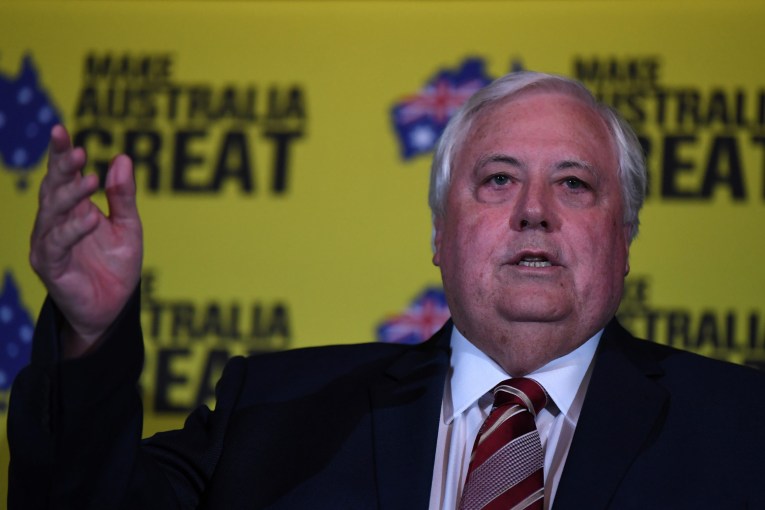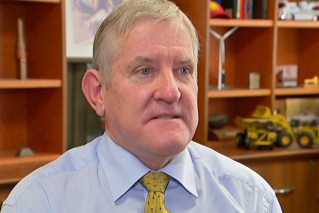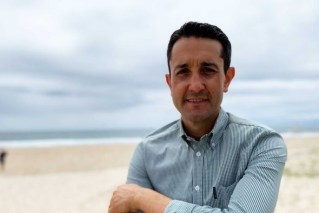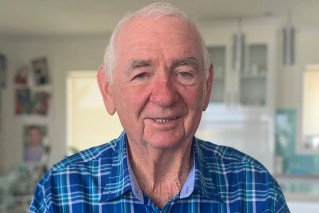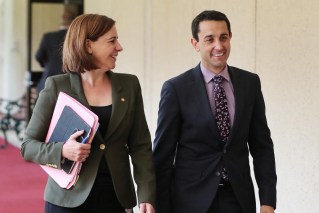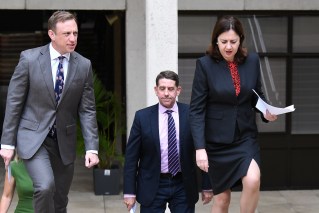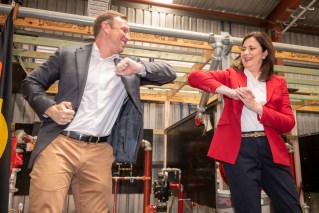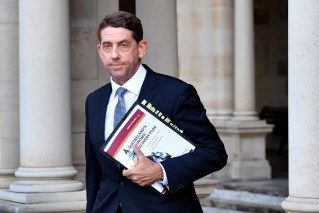Healthy rivalry: LNP’s $300m to fast-track elective surgery; Labor plans satellite hospitals
Liberal National Party leader Deb Frecklington has promised $300 million to fast-track elective surgery through the private sector.
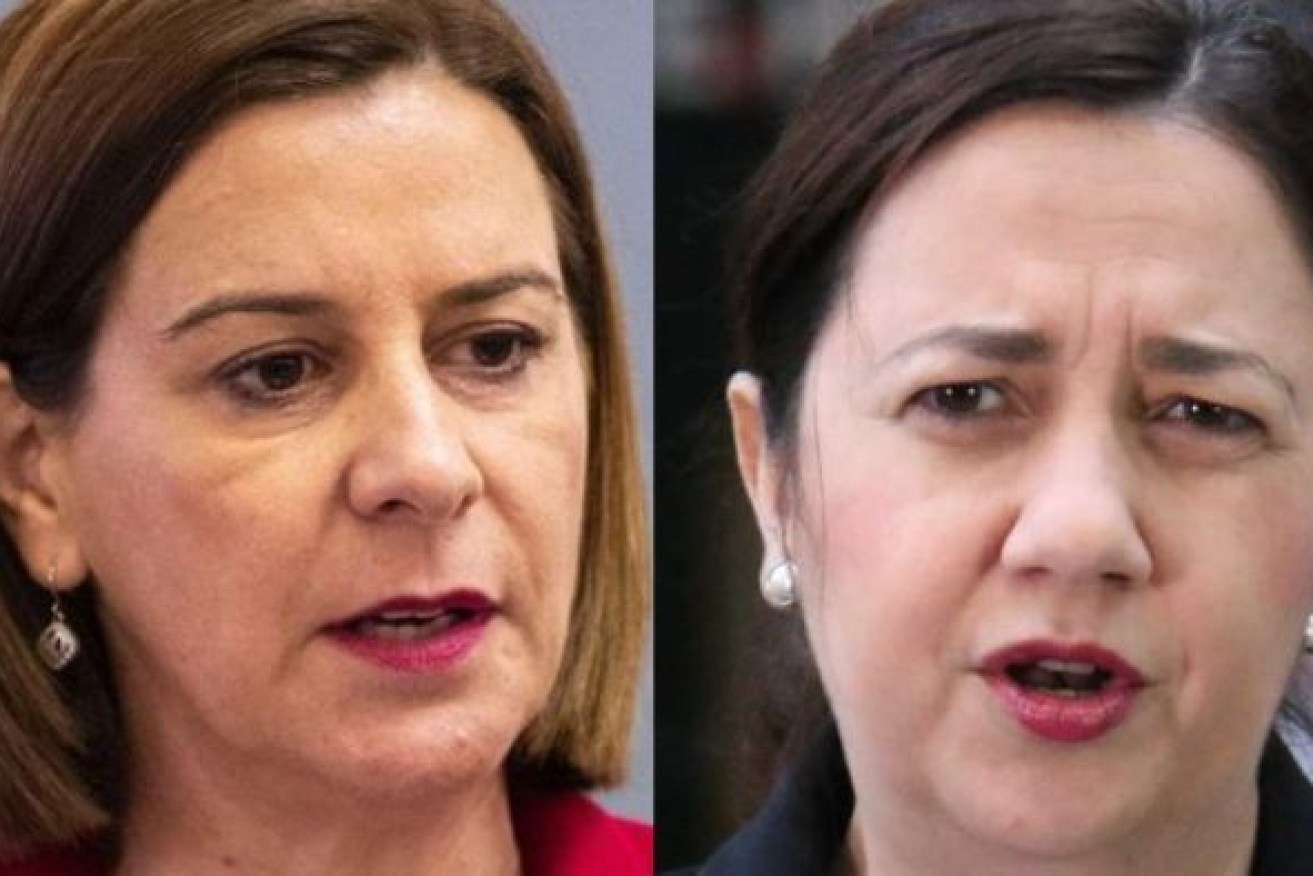
LNP leader Deb Frecklington (left) and Labor leader Annastacia Palaszczuk. (Photo: ABC)
In Hervey Bay to meet with locals on public hospital waiting lists, Frecklington said “it breaks my heart” to hear how long people have to suffer without treatment.
Frecklington has faced Labor attacks for her role in the former Newman government but today used it to emphasise LNP priorities, a rare reflection on her previous time in power.
“I got into politics for many, many reasons, but one of the reasons was the Kingaroy long dental wait list was eight years long and it was unacceptable,” Frecklington said.
“We got in and we fixed it up.”
Frecklington said people living outside the urban south-east should not be at a disadvantage because Labor focussed on the city.
“Labor know how to do one thing extremely well and that is break the health system and forget about good people, good Queenslanders, people that deserve better,” Frecklington said.
An LNP government would use private hospitals to “clear” waiting lists, an approach that has been used by both sides of politics in several states. Frecklington said the $300 million program would be in addition to anything already announced by the government and in the state budget.
Frecklington said it was a “lazy Labor excuse” to blame the pandemic for long waiting lists, after elective surgery was paused due to the need to keep spare capacity for possible COVID-19 patients.
“The pandemic has certainly had an effect (but) it is unacceptable that there has been a blowout of the wait list before Covid. There was life before Covid.”
Her announcement came after Premier Annastacia Palaszczuk announced a re-elected Labor government would build “satellite hospitals” in high growth and under-serviced urban areas, including several marginal seats
On Bribie Island today to make the announcement, Palaszczuk claimed it was an “Australian first” initiative designed to bring services closer to communities and take pressure off major hospitals. The new facilities would offer accident and emergency services, dental services, chemotherapy, dialysis or other specialties, depending on local need.
Similar facilities exist elsewhere under different names, however it does add another layer to the structure of state-run health services in Queensland. It was not clear whether the new model could be used to reallocate services.
Palaszczuk promised $265 million over four years, funded through borrowings, for satellite hospitals at Redlands, Brisbane Southside (near QEII Hospital), Pine Rivers (Petrie/Strathpine area), Gold Coast, Ipswich, Caboolture and Bribie Island.
“We understand how important healthcare is, we understand how important it is to deal with the Covid crisis, but we also understand families and communities wanting to get health services closer to where they live,” Palaszczuk said.
Palaszczuk was in the electorate of Pumicestone, narrowly held by the LNP and with a large proportion of older residents managing ongoing health problems.
The only preferred sites for satellite hospitals nominated by the government were at Nathan, where a facility might link with the Griffith University Campus, and at Pine Rivers where it might be part of the University of the Sunshine Coast expansion.
She made the comments after confirming Queensland had again seen no new cases of COVID-19, but with the government still on alert.
“We are seeing horrific second waves in Europe,” Palaszczuk said.
“I do not want to see that here. I will take whatever measures are necessary to keep the people of this state safe.”
Deputy Premier Steven Miles said the government had been able to reallocate elective surgery despite the disruption of the pandemic.
